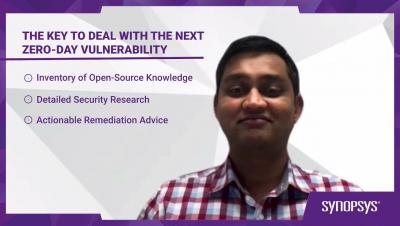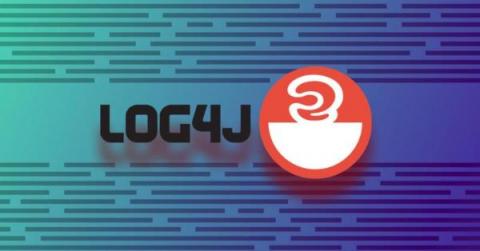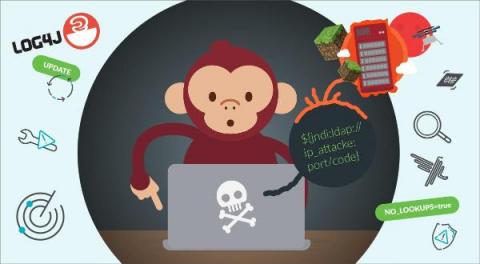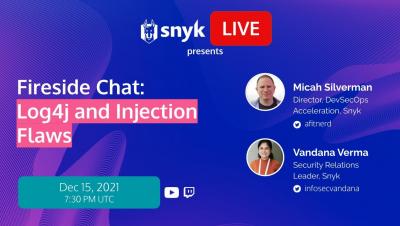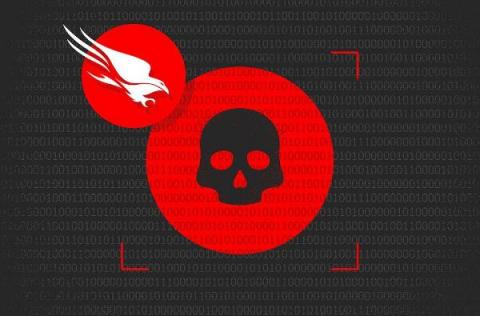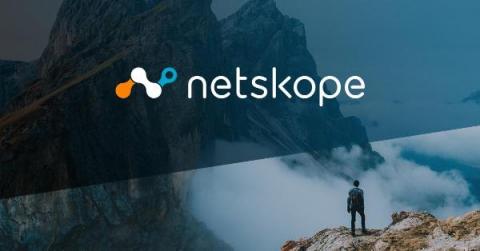Detecting Log4j via Zeek & LDAP traffic
We recently discussed some methods for detecting the Log4j exploit, and we’ve now developed another method that everyone running Zeek® or a Corelight sensor can use. Our new approach is based on the rarity of legitimate downloads of Java via LDAP. Zeek does not currently have a native LDAP protocol analyzer (though one is available if you are running Spicy). This will not stop you from detecting this exploit downloading Java over LDAP, though. To see how, read on.



